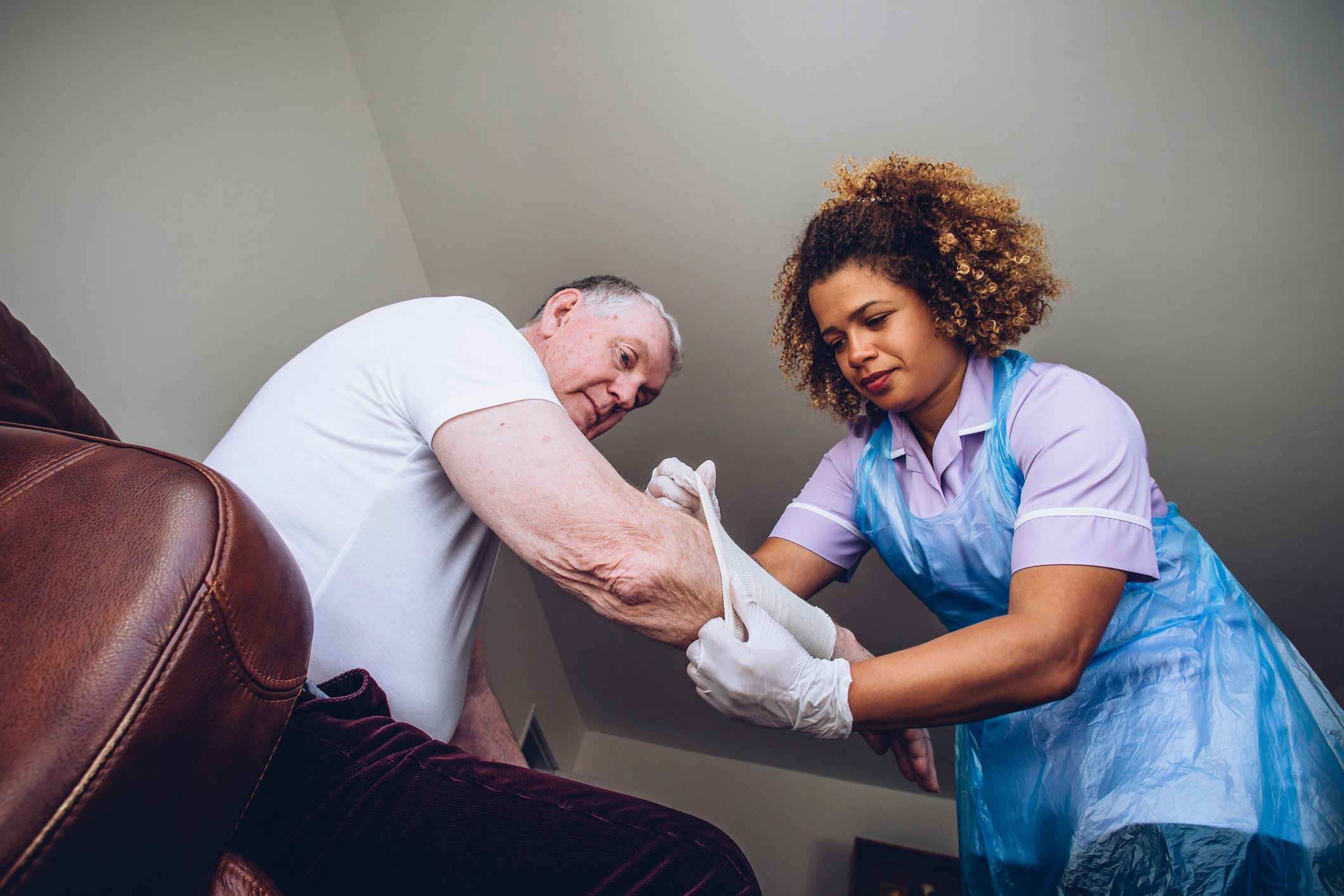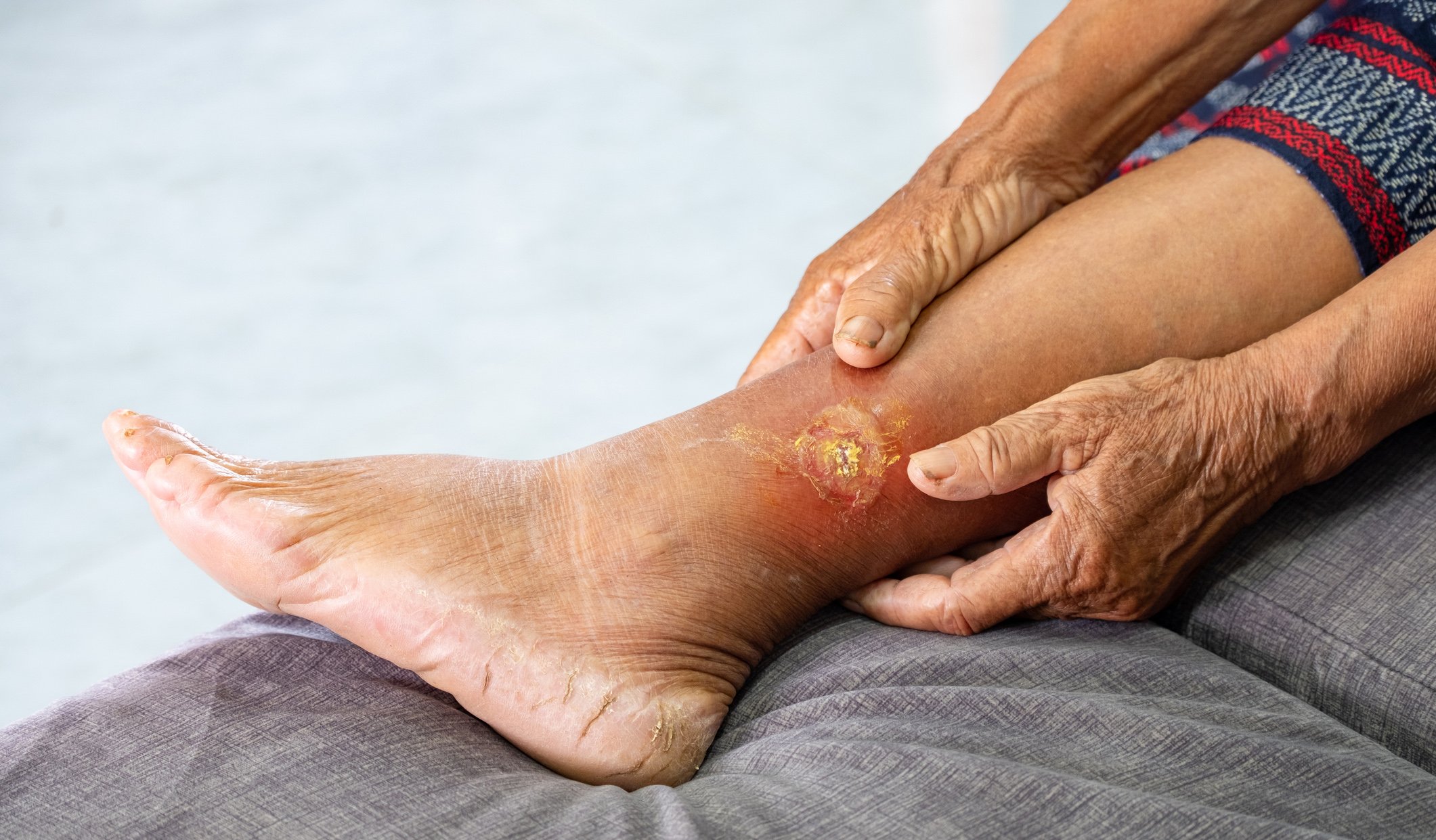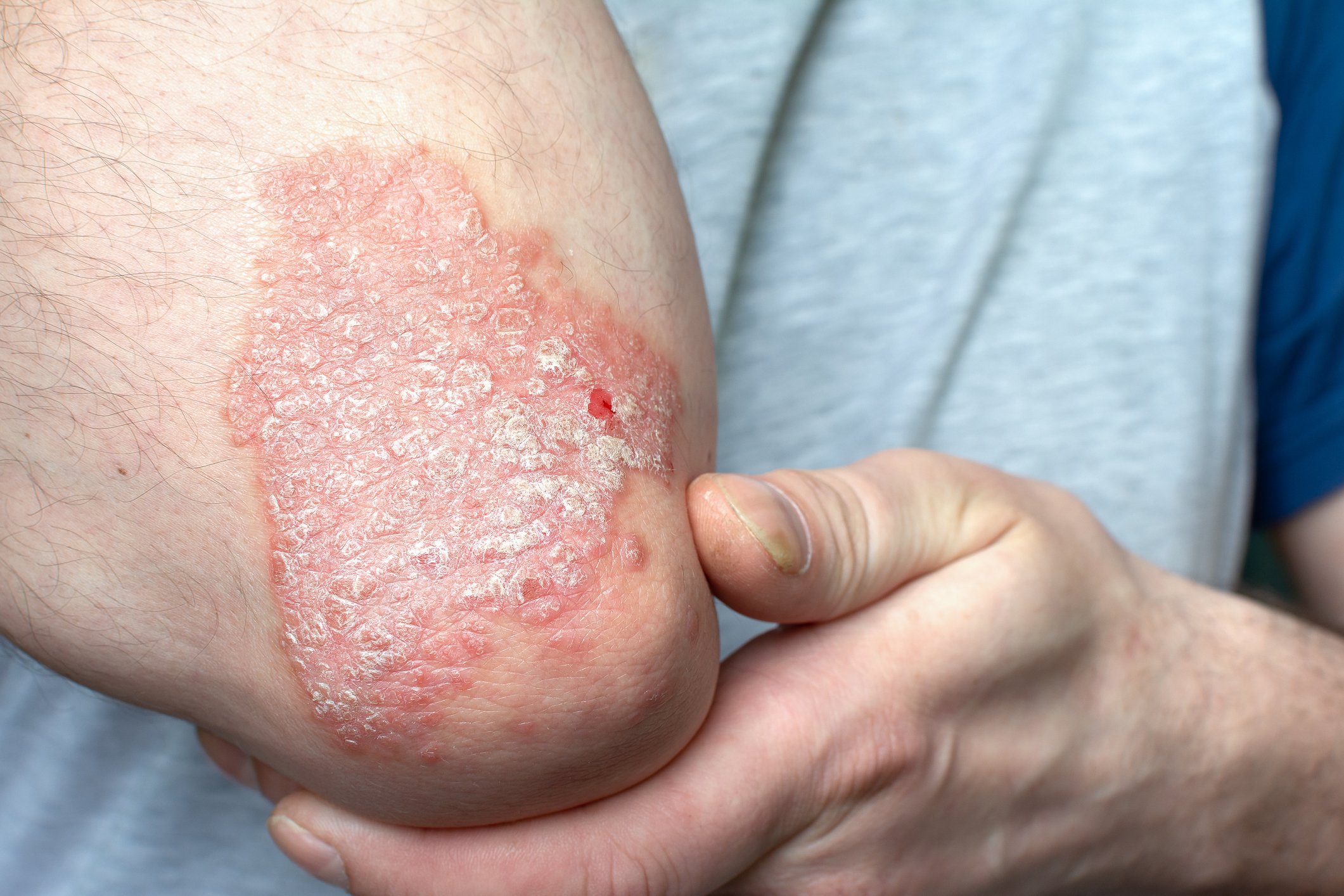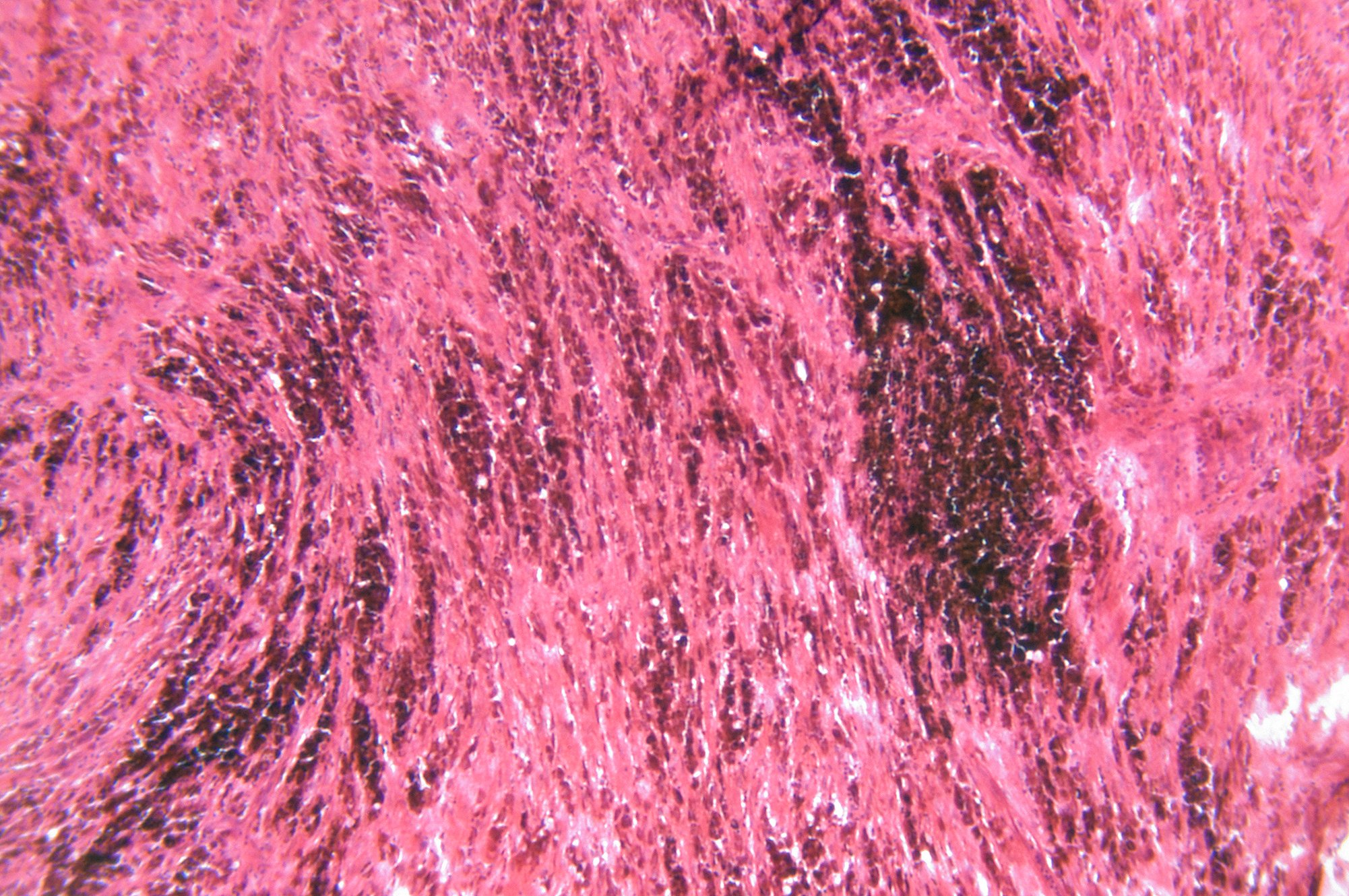The first Swiss Atopic Dermatitis (AD) Roadshow took place at the beginning of February 2024. AD expert Prof. Jonathan Silverberg from the George Washington University School of Medicine and Health Sciences in Washington, DC, USA, spoke at five Swiss centers about the various systemic AD treatments. The focus was on individualized patient-centered therapy to raise the standard of care for AD. In the post-Roadshow interview, Prof. Silverberg shares his experiences and thoughts on shared decision-making and the Minimal Disease Activity (MDA) concept.

Post-Roadshow interview with Prof. Jonathan Silverberg
The George Washington University School of Medicine and Health Sciences in Washington, DC, USA
How do you discuss the various treatment options and goals with your AD patients?
Prof. Jonathan Silverberg: I am a great advocate of shared decision making. That’s why I always check the relevant treatment options first and provide patients with an overview of the topical, oral and biological medications that are suitable for them. This overview includes the benefits as well as the risks and differences of the respective therapies. Next, I try to determine the patient’s preferences – what are the biggest burdens, do they want a fast-acting medication, etc.? On this basis, we then make a joint treatment decision, because there is no one-size-fits-all solution for all patients.
What systemic therapies are currently available for moderate to severe AD?
Phototherapy can be an effective option for moderate disease. Injectable biologics and oral therapies are available for severe AD. While many sufferers are reluctant to have injections, the therapies are effective and have a good safety profile. Then there are traditional systemic therapies such as cyclosporine and methotrexate, which I rarely use. As far as oral options are concerned, at the moment it is mainly the Janus kinase (JAK) inhibitors that I recommend to patients. The selective JAK1 inhibitor upadacitinib (UPA, RINVOQ®) often proves to be the most efficient option with a rapid onset of action and an unprecedented robust response [1]. However, all therapies require a careful discussion with the patient about safety and risk-benefit profile. These various factors are then included in the decision-making process.
How has the advent of biologics and JAK inhibitors affected AD treatment management?
The advent of biologics led to the approval of the first advanced systemic therapies for AD. The approval of oral JAK inhibitors after that brought a whole new class of drugs and the way we think about efficacy has changed since then. Now we are talking about the degree of control and depth of response, which was never discussed before. Because of the wide range of treatments available, fewer patients are now hesitant to start advanced systemic therapy because they know there are other options.
Why do many patients with moderate to severe AD still often not receive adequate treatment with systemic therapies?
Unfortunately, this is a global problem: less than 10% of patients who should be treated with systemic therapy according to objective criteria actually receive systemic therapy. The problem is multifactorial: patients are not diagnosed or standardized instruments are not used everywhere. Unfortunately, people are often satisfied with mediocre treatment results. In doing so, we miss the opportunity to achieve better disease control.
Targeted systemic therapies such as JAK inhibitors now make ambitious treatment goals (EASI 90, NRS 0/1) achievable [2]. Are these treatment goals currently realistic for your patients in clinical practice?
Yes, today they are. In the past, these goals were not even endpoints in clinical trials, but now suddenly there are drugs like UPA that make it possible to achieve these treatment goals. This has completely changed our view of what is achievable, because the step from a moderate response to no symptoms is massive. With the therapies available today, we can achieve remission of the disease. As a result, patients no longer have to avoid disease triggers and thus maintain a high quality of life.
What is the Minimal Disease Activity (MDA ) approach and how does it help in the treatment of AD patients?
The idea behind the MDA approach is to define meaningful, realistic treatment goals. This involves determining a disease activity level that is considered to be the best possible by both the patient and the treating physicians using a standardized approach and taking into account the available treatment options (Fig. 1). This can optimize long-term treatment outcomes and be helpful for physicians when choosing treatment options.

Figure 1: Criteria for the MDA approach, which combines clinically-reported and patient-reported outcomes. EASI, Eczema Area and Severity Index; SCORAD, SCORing Atopic Dermatitis; IGA, Investigator Global Assessment; BSA, Body Surface Area; NRS, Numerical Rating Scale; POEM, Patient Oriented Eczema Measure; HADS, Hospital Anxiety and Depression Scale; (C)DQOL, (Children’s) Dermatitis Quality of Life Index. Adapted from [3].
What role does the treat-to-target (T2T ) concept play in the MDA approach?
The pure T2T concept is a target treatment that is directed from “top to bottom”. The patient’s voice is not taken into account. In the MDA approach, T2T treatment is merged with shared decision-making. This allows the treatment to be tailored to the patient and target the exact symptoms that are bothering them on an individual level.
What challenges can arise when implementing the MDA concept?
The biggest challenge will be the simple design of the MDA concept for daily clinical practice. A practical guide will be needed that can be used by all dermatologists for data collection. This involves concrete implementation measures to ensure that everyone is familiar with the measurements and validations – regardless of the systems in the respective practices.
In your opinion, what is the most important message you want participants to take away from your AD Roadshow presentation?
It is important to me that we talk about shared decision-making! Those treating patients need to be aware of two things: there is neither a standard patient nor a standard therapy for everyone. Fortunately, there is a wide range of options that offer something for everyone. Once you listen to patients and understand some of the nuances of different medications, better treatment decisions are made. Ultimately, we have happier patients and more successful treatments.
Brief technical information RINVOQ®
Literature
1. current technical information RINVOQ® (upadacitinib) at www.swissmedicinfo.ch
2. Simpson, E.L., et al, Efficacy and Safety of Upadacitinib in Patients With Moderate to Severe Atopic Dermatitis: Analysis of Follow-up Data From the Measure Up 1 and Measure Up 2 Randomized Clinical Trials. JAMA Dermatol, 2022. 158(4): p. 404-413.
3. Silverberg J, et al. Optimizing the management of atopic dermatitis with a new minimal disease activity concept and criteria and consensus-based recommendations for systemic therapy. Poster #347 presented at the Revolutionizing Atopic Dermatitis (RAD) Virtual Conference, December 11, 2022.
The references can be requested by specialists at medinfo.ch@abbvie.com.
Interview: Dr. sc. nat. Stefanie Jovanovic
This article was produced with the financial support of AbbVie AG, Alte Steinhauserstrasse 14, 6330 Cham.
CH-RNQD-240014 03/2024
This article has been released in German.











